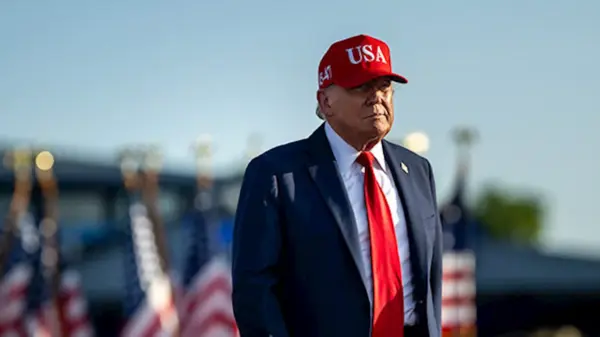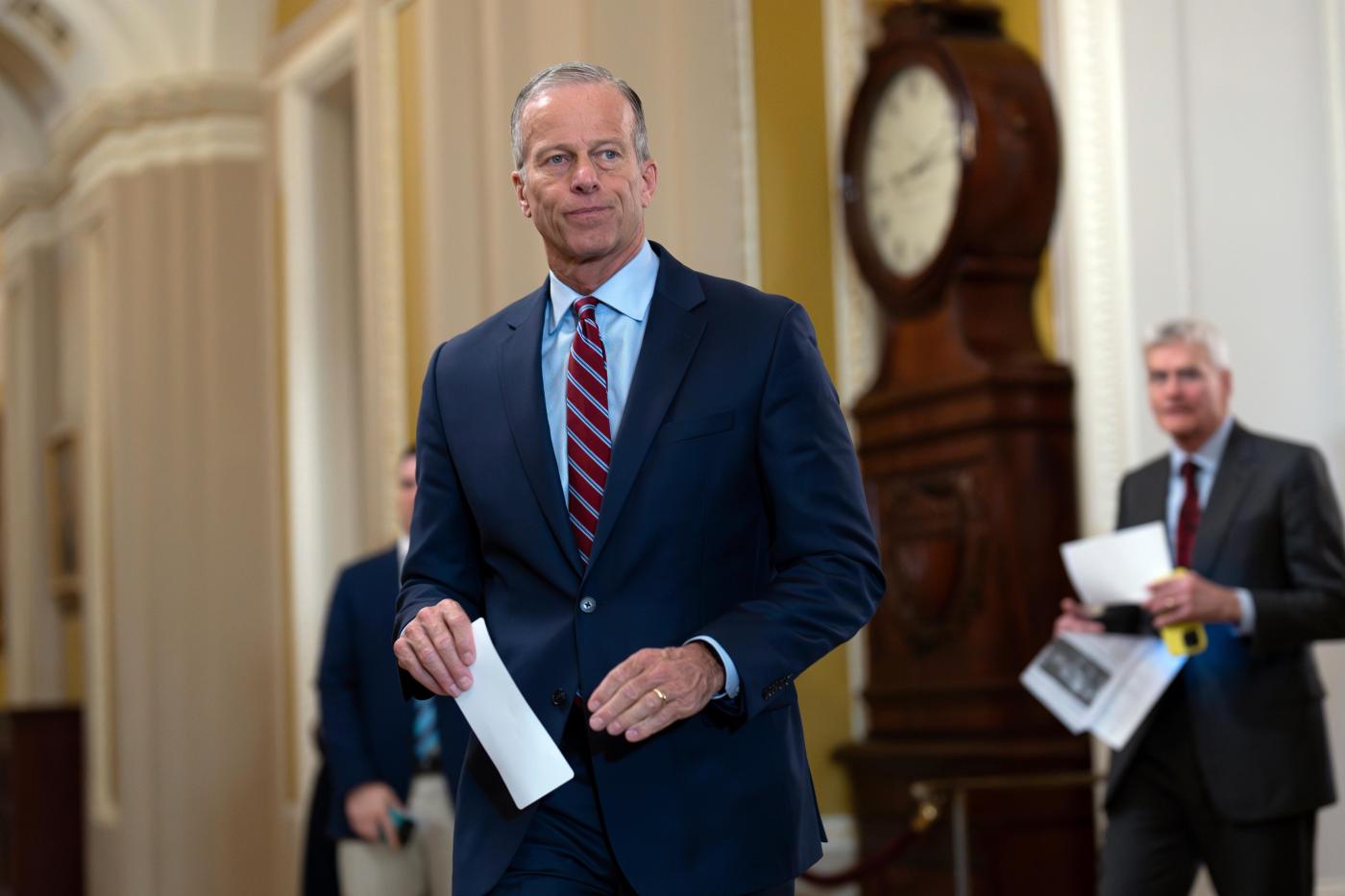Senate Majority Leader John Thune faces increasing pressure to reconsider his stance on the filibuster, a procedural mechanism that requires a supermajority of 60 votes to advance most legislation and nominations. This call comes amid rising frustrations within the Republican Party, particularly from supporters of former President Donald Trump, who feel blocked by Senate Democrats on numerous executive nominations. The potential weakening of the filibuster could have significant implications for the balance of power in the U.S. Senate.
Thune’s recent actions appear to be driven by a sense of grievance over the inability to swiftly confirm Trump’s nominees, some of whom have drawn heavy criticism. His perspective contrasts sharply with that of the previous administration, led by Barack Obama, during which Senate Democrats were able to secure numerous unanimous consent or voice vote confirmations for their nominees. The current situation, however, is complicated by the nature of Trump’s appointments, many of whom are perceived as less qualified than their Democratic counterparts.
Critics argue that Trump’s nominees often prioritize loyalty over qualifications, raising concerns about their commitment to the integrity of government institutions. This contrasts with the appointments made during the Obama administration, which were largely filled by experienced public servants. The disparity in the quality and intent of nominees raises questions about the long-term effects of changing the filibuster rules.
Historically, the filibuster has served as a vital check on the majority party’s power. In previous years, Harry Reid, the former Senate Majority Leader, modified filibuster rules around judicial nominations to benefit his party at the time. While this may have aided Democrats during Obama’s presidency, it also set the stage for Trump’s ability to significantly reshape the federal judiciary, including the appointment of three Supreme Court justices who now wield considerable influence.
Currently, Republican senators must weigh the implications of altering this traditional safeguard. The decision to change the filibuster rules could prove detrimental in the future, especially if Republicans find themselves in the minority. As political dynamics shift, the risk of further eroding minority rights becomes more pronounced.
There is a growing sentiment among some senators that Thune, unlike his predecessor Mitch McConnell, has a greater respect for the Senate’s role as a deliberative body. The filibuster is seen by many as essential to maintaining a measure of independence from the executive branch, particularly during times of heightened political tension.
The pressure from Trump to eliminate the filibuster reflects a broader strategy to consolidate power, potentially undermining the Senate’s historical role in fostering bipartisanship and consensus. As Republican senators navigate this complex landscape, the preservation of the filibuster remains a critical issue.
Thune’s leadership during this pivotal moment could define his legacy and the future of the Senate’s procedural norms. A decision to weaken the filibuster may yield immediate benefits, but it could also lead to regret as the political tides inevitably change. With various factions within the party pushing for different approaches, the outcome remains uncertain, but the stakes are undeniably high for the future of American governance.








































































